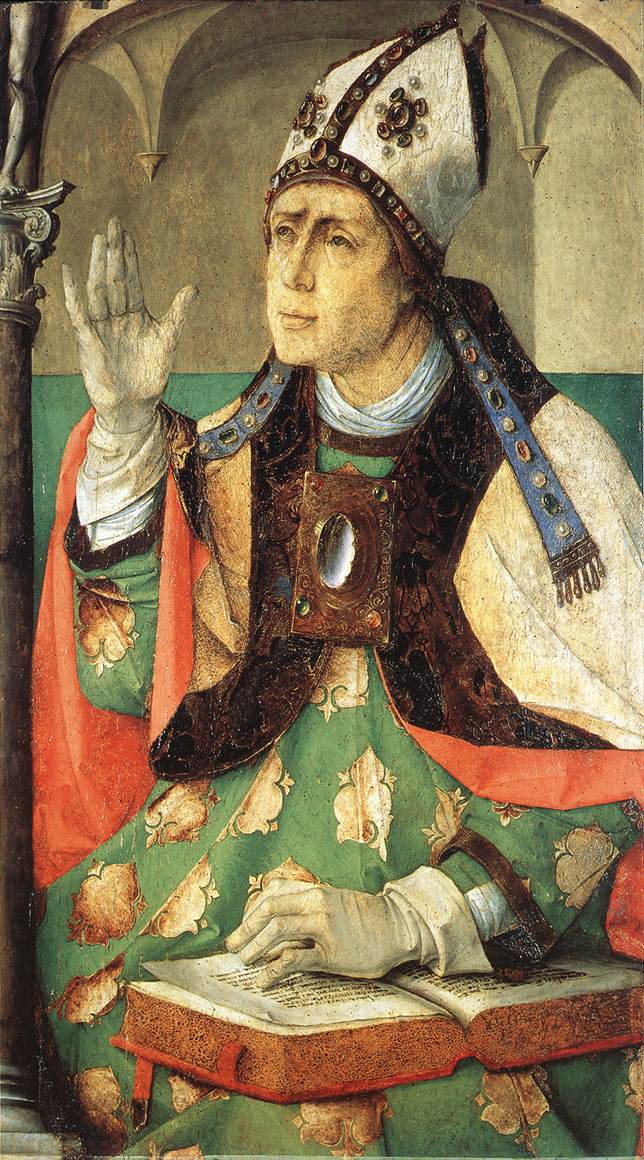Description
The painting St Augustine by the Flemish artist Joos Van Wassenhove is a 17th-century masterpiece depicting the city's patron saint of Hippo. The work stands out for its baroque style, characterized by drama and exaggeration of emotions.
The composition of the painting is very interesting, since it presents Saint Augustine in the foreground, surrounded by a naturalistic landscape full of details. The figure of the saint is represented with great realism, with a facial expression full of emotion and a body that seems to be in motion.
Color is another prominent aspect of this artwork. The artist uses a palette of rich and vibrant colors that help create a dramatic and emotional atmosphere. The warm, dark tones of the paint, such as red, brown, and gold, accentuate the sense of depth and texture.
The story behind the painting is also fascinating. It is believed to have been commissioned by the Order of Discalced Augustinians for their church in Brussels. The work was stolen in 1794 during the French Revolution and later recovered and restored in the 20th century.
Also, there is a little known aspect of this painting which is its religious symbolism. Saint Augustine is represented with a book in his hand, which symbolizes his role as theologian and philosopher. He is also shown holding a feather, which represents his skill as a writer and his contribution to Christian literature.
In summary, Joos Van Wassenhove's painting St Augustine is an impressive work of art that combines a dramatic artistic style with detailed composition and a vibrant color palette. Its history and religious symbolism add another layer of interest to this 17th-century masterpiece.

